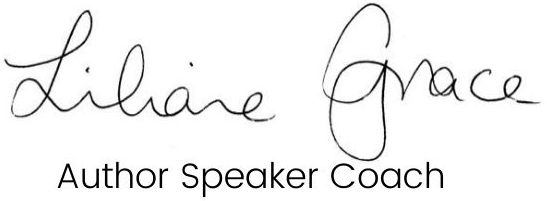Fight Club is in the news. It’s a confrontational and violent novel by Chuck Palahniuk about young men who meet to fight and thus formally object to a materialistic, ‘cushy’ world that only offers human warmth to those who are ill. VCE students are currently studying the book and film in Literature classes – a book that makes reference to the ingredients used to produce explosives, and a film that has created a cult following and stimulated youth in the U.S. to form their own fight clubs.
Liliane Grace, Melbourne author of The Mastery Club, questions the value that youth will gain by studying Fight Club and asks parents which sort of Club they would prefer their kids join – a Fight Club or a Mastery Club, in which youth are invited to take responsibility for achieving their goals and dreams?
“Fight Clubs emerge when individuals feel alienated and frustrated; a Mastery Club is designed to validate youth in their attempts to create a life they will love living,” said Grace.
“Palahniuk makes many valid points with his novel, including the call to men to reject superficiality and connect with their strength; fist-fighting and explosives are how his protagonists deal with those issues. However, as the old saying goes, if our only tool is a hammer, the whole world looks like a nail. The Mastery Club offers a set of tools and principles for making conscious, responsible decisions and for engaging with others in a way that offers both support and challenge, because we all need both.”
Grace refers to two basic life principles: that ‘what we feed, grows’, and that we ‘get back what we put out’. She suggests that requiring youth to dwell upon violence in the process of studying this text is planting seeds that parents might not wish to plant. Alternatively, she proposes her book as a school text that provides thought-provoking philosophies and a set of practical tools that will encourage youth to act on and achieve their personal goals.
The Mastery Club’s premise is validated by a Dominican University Study, which found that persons who wrote down a goal, communicated it to a supportive friend, had an action plan and set up a framework for accountability, were much more likely to succeed; this is the structure of a Mastery Club.
Grace’s book presents as a novel although she catalogued it as non-fiction. It bears the subtitle ‘See the Invisible, Hear the Silent, Do the Impossible’, and while written for 9-15 year olds, is attracting as many adult readers as youth. Canadian Psychologist Ken Pierce, who co-authored The Dance of Bullying -a breakthrough tool for teachers and parents with Childhood Educator, Alice Bailey, recommends The Mastery Club and references it in seminars and with clients, and some Australian teachers routinely read the book to each year’s class.
***
NB The whole quote from Pierce is: “The Mastery Club is a delightful book that engages you quickly in an exploration of the truths of life. The story will entice young and older readers alike to, not just believe in their own genius, but to explore the wonders of their life. I recommend it highly and reference it regularly in seminars and with clients.”
Liliane
Your points
– ego-based
– didn’t get the message to listen to your inner self till third viewing of film – would kids get it on one read/viewing?
– what kids would take away from that is to start their own fight club.
-> Sunrise? Mia Friedman (spelling?)
-> Anna: Channel 7 and her General Media list
From conversation with my editor Tim this morning
– the universe abounds with equal and opposites; both serve so don’t condemn it.
– books and behaviours like this are balancing out the cotton wool upbringing we are giving our kids/permissiveness; hence also the school shootings, suicides, etc.
– violence will never go away and is part of the Divine Order; its form changes – that’s all.
Me:
– what you feed grows/GIGO
– be careful what you choose/be conscious.
– universe is a mirror; you get back what you put out
– good messages in Fight Club re rejecting superficiality and for men to connect with their strength but is brutality the way to do that? Will it trigger thoughtful conversations among young men about how to be a man? I’d advise ‘The ay of the Superior Man’ by David Deida instead!
– everyone has a ‘choice bank’; if limited choices we react with violence – the more educated we are, the more likely to make choices that release our higher potential. TMC offers youth opportunity to think something through consciously, to use their creativity, and to commit to their goals/dreams vs to react to frustrations with fists.
– and will kids get it? Maybe will depend on the skill of their English teacher as to how deeply they get the message…
Hope this is useful – comment from psychologist coming and also already have The Kids Are All Right on board, as you saw.
Download Word document here.

Recent Comments